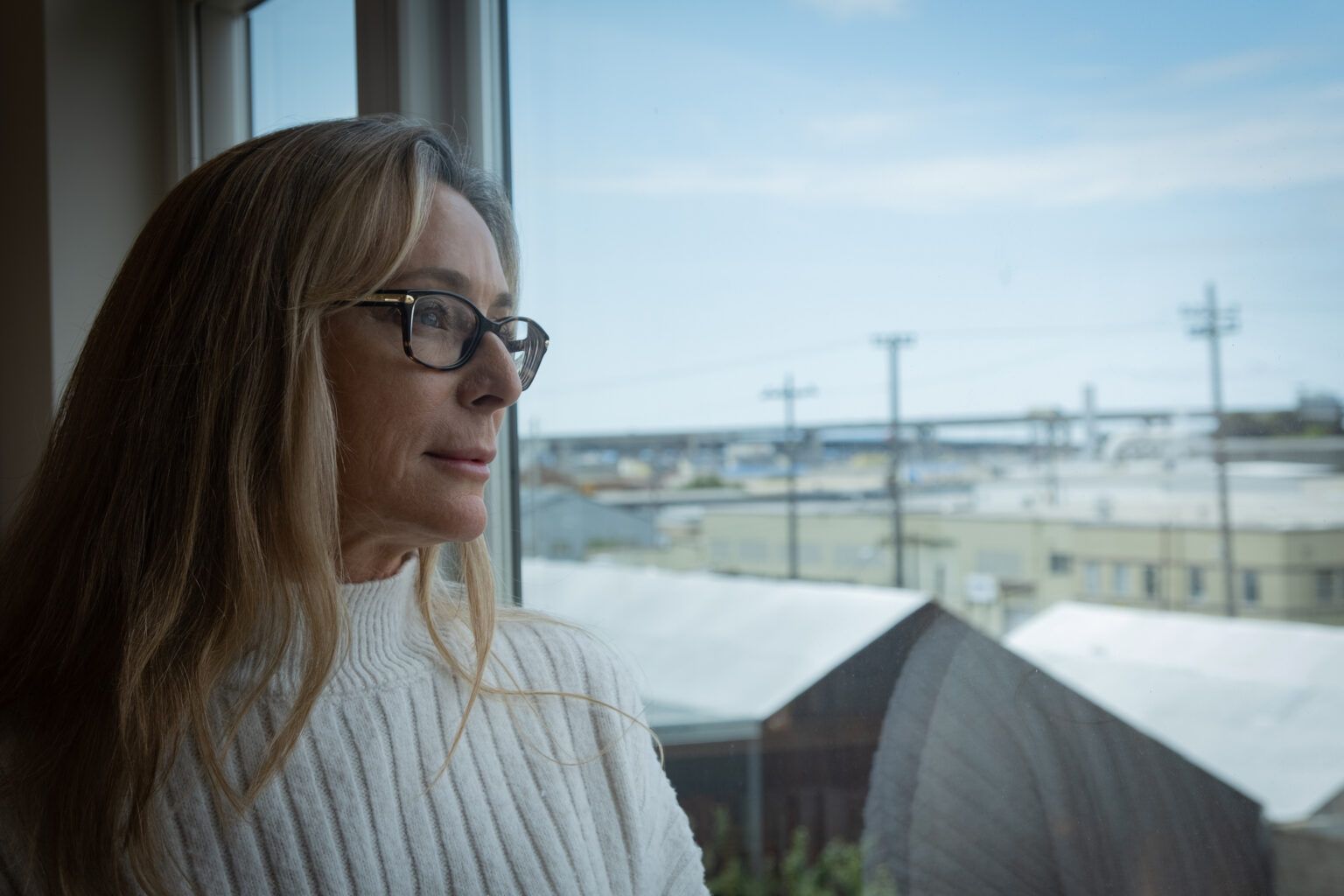Op-Ed; "Why I Fight to End ‘Life Without Parole’"
Editorial asks decision-makers to reconsider California LWOP laws with SB94

The following are excerpts from an editorial piece in support of SB94, featured in KnockLA, written by Michele Scott. Scott works as a fellow with CROP (Creating Restorative Opportunities and Programs), a re-entry program in Oakland, California, supporting formerly incarcerated persons with re-entry. After serving 30 years of an LWOP sentence, Scott was released in 2021 due to a commutation from California Governor Gavin Newsom and, in addition to her work supporting individuals with re-entry challenges, advocates for the rights of those currently serving LWOP sentences.
*****
California currently has approximately 5,200 individuals serving LWOP, with another 190 additional people sentenced each year. Those serving LWOP are excluded from self-help programs, housing assignments, vocational training, rehabilitative services, and certain prison job assignments.
The justifications behind these exclusions? We are considered to be the worst of criminals, the ones with no possibility of reform. An LWOP sentence holds no opportunity for release — so why waste resources or opportunities?
This means that those sentenced to LWOP often can’t take self-help programs that teach communication skills and coping strategies for stress and anger. When it comes to housing assignments, those with an LWOP sentence are often placed in housing units or facility yards that operate under higher supervision and control.
There are also restrictions on access to some vocational training programs. My experience was that I was excluded from vocational cosmetology and from vocational landscaping because prison regulations didn’t want to give me access to the tools or be close to the fence. The job that was available to me? Housing unit porter: mopping floors for eight cents an hour. Hopelessness is imbued in every aspect of life with an LWOP sentence.
I was granted a rare governor commutation in 2018 and was paroled in June of 2021. My process of change, personal accountability, and creating a life of purpose came about despite my restricted and regulated existence inside the world’s largest women’s prison. Self-reflection brought about personal self-realization, maturity, ownership — not an easy thing to achieve in an environment built to punish and exclude.
I am privileged to see firsthand what a second chance can mean. And I’m not the only one.
Kelly (Savage-Rodriguez, a domestic abuse survivor), Allen (Burnett, sentenced to LWOP at age 18), and I are all working together now, fighting to end LWOP with the Human Rights Watch National Life Without Parole Leadership Council. We are proof that change is possible, that reform is possible, and that redemption can be an outcome after decades of confinement.
But the reality is that commutations like ours are exceedingly rare.
So how do we change that? A restoration of parole eligibility for those serving LWOP sentences would be one pathway. Another one would be introducing reform sentencing laws to provide a mechanism for those with an LWOP sentence to have their sentences reviewed and possibly reduced. Another option would be returning judicial discretion to impose less severe sentences in appropriate cases to judges, such as when the individual was not the actual perpetrator and did not take a life. Imagine entering into our prison system for the rest of your life for burglary or for being present when a crime resulted in a loss of life.
*****
As mentioned, the above are only excerpts of the full editorial. Honestly, it was difficult to pull out excerpts; every paragraph is thoughtful, deeply personal, and wholly relevant to our advocacy of SB94. We strongly encourage you to read the full piece to truly appreciate the authenticity and passion with which Michele Scott uses in sharing her experience and motivation behind her advocacy.
The full editorial, "Why I Fight to End ‘Life Without Parole'" can be read at KnockLA, a nonprofit community journalism project dedicated to providing independent journalism and telling the real story of LA.










